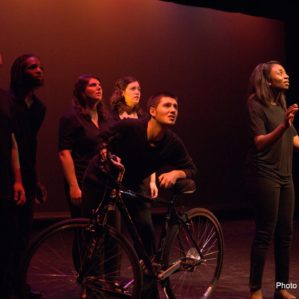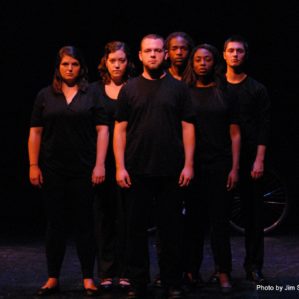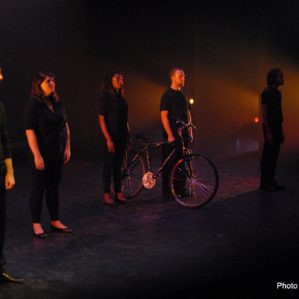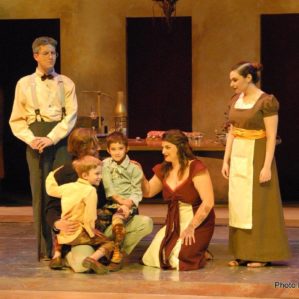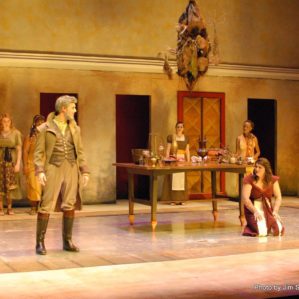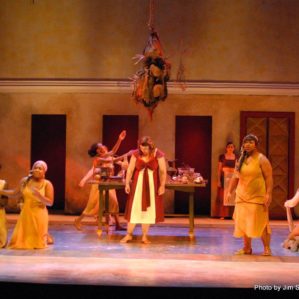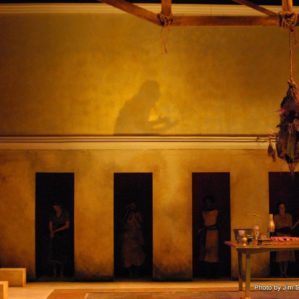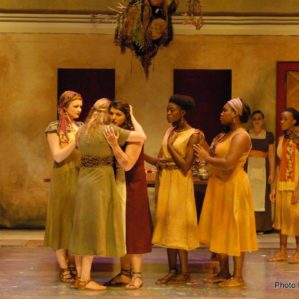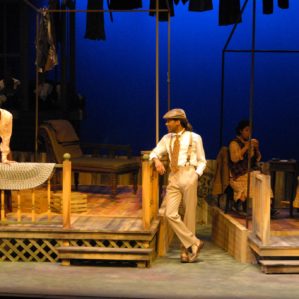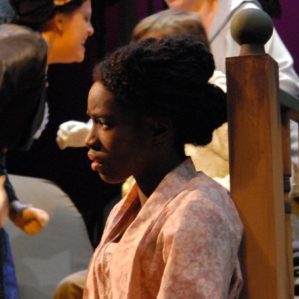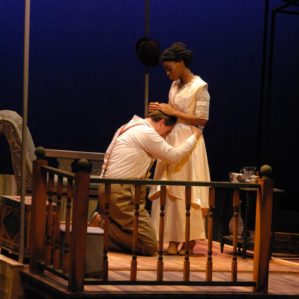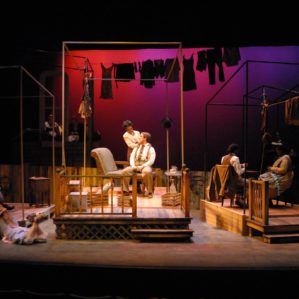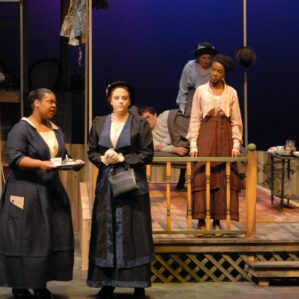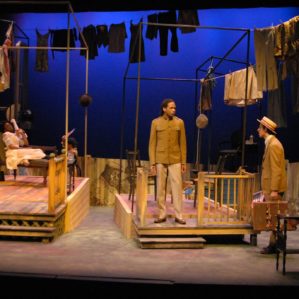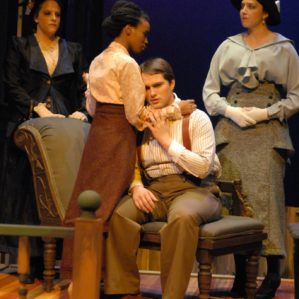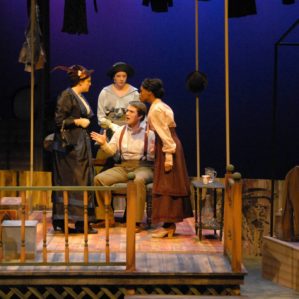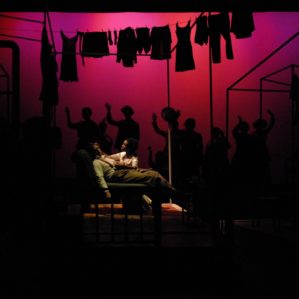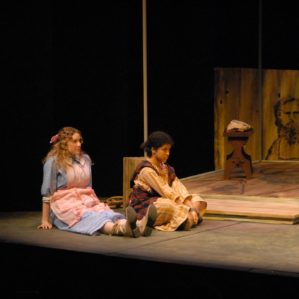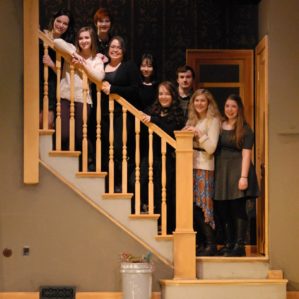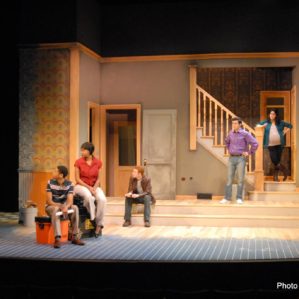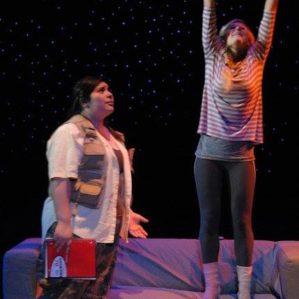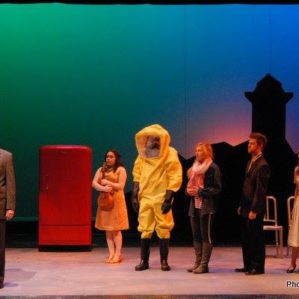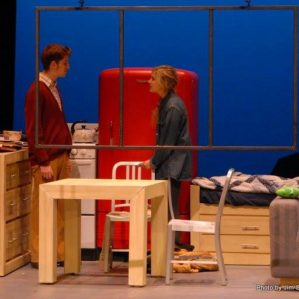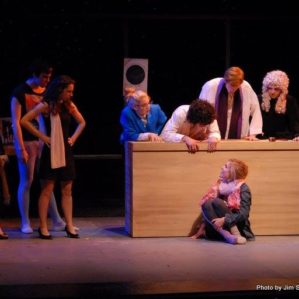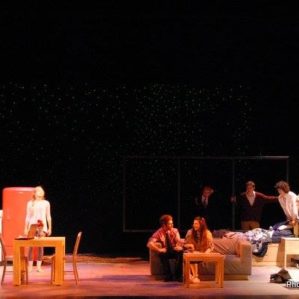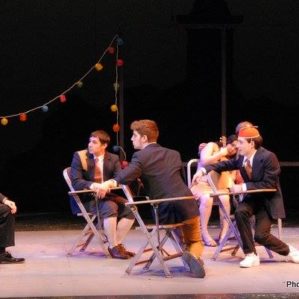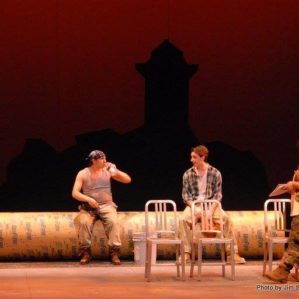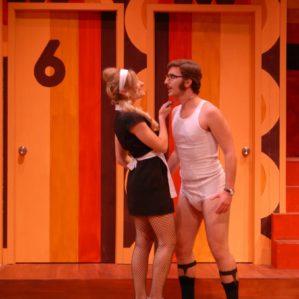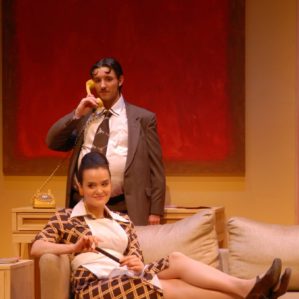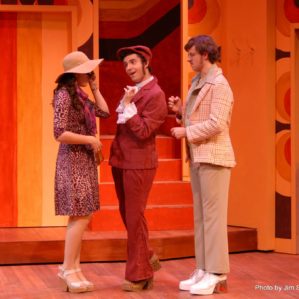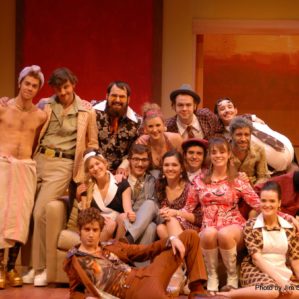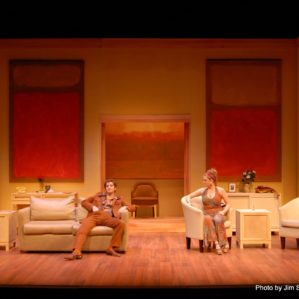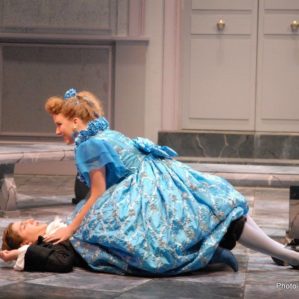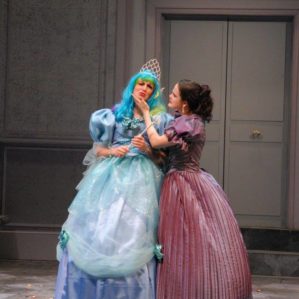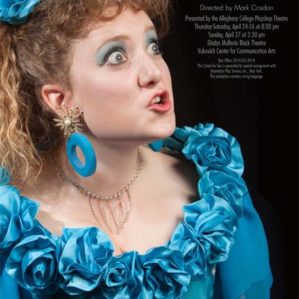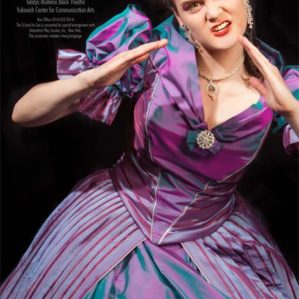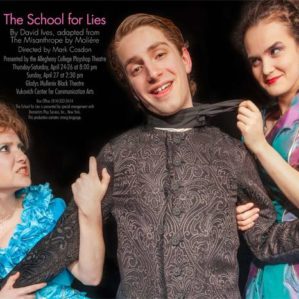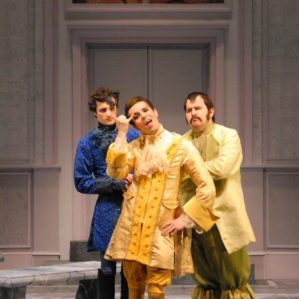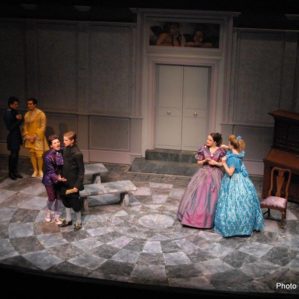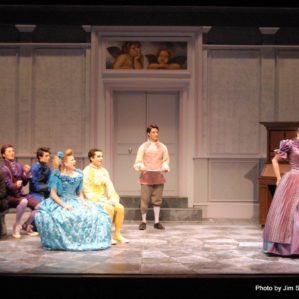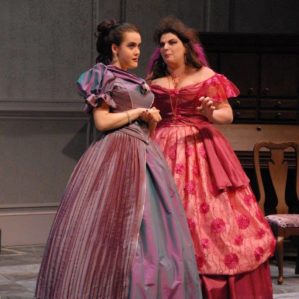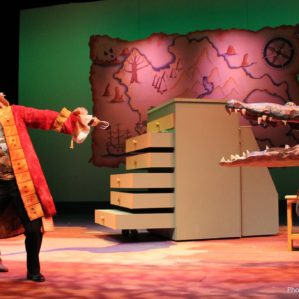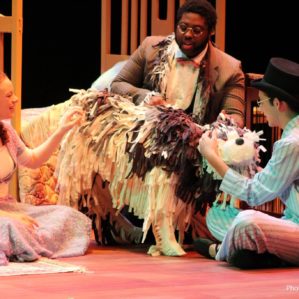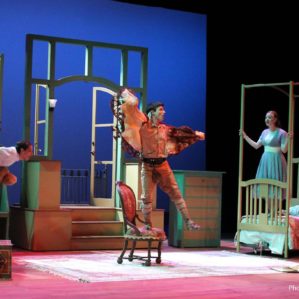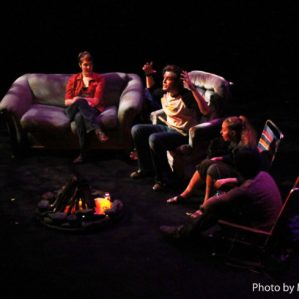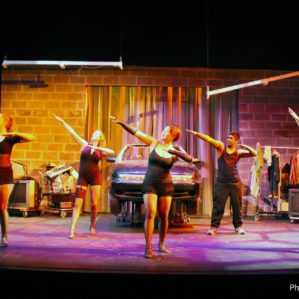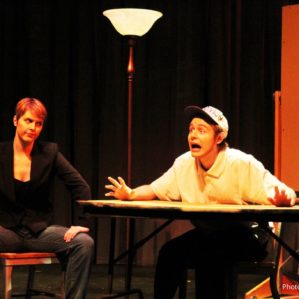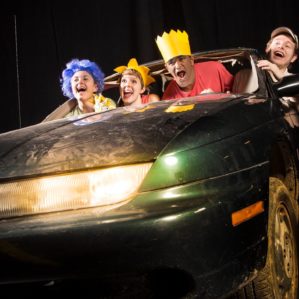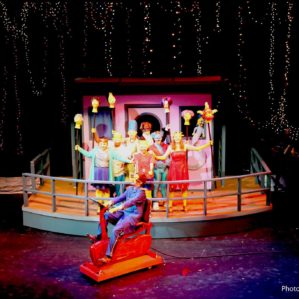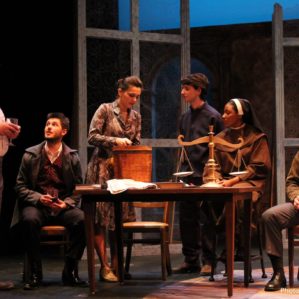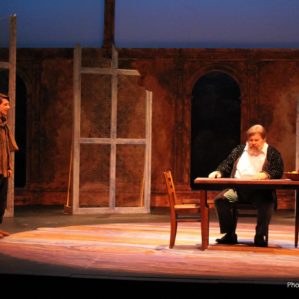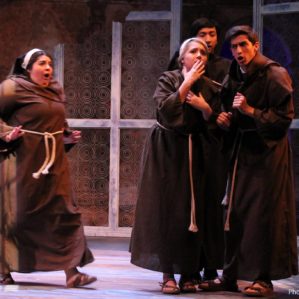In a series of extraordinary poems based on Dante’s Inferno, veteran journalist Thomas Flynn documented his harrowing experiences on the morning of September 11, 2001. Quickly, Flynn moved from being a reporter and neutral observer standing apart from the event, to a participant, survivor, and defining chronicler of that fateful day. This theatrical staging of Flynn’s work relates “the tale as it happens, not only its extremities and cruelty, but also the goodness that flourishes too.”
Love. Betrayal. Revenge.
In this searing drama, a woman of culture, intelligence, and means commits a string of vicious murders, wreaking destruction on her family. Euripides’ masterpiece reveals his profound insight into the public and private currents of human nature.
Robertson’s translation is a consciously feminist interpretation that uses contemporary language and poetry to tell the story of a betrayed wife who faces exile because of her husband’s new marriage. The play becomes a political battle between the sexes where “history is made by women just as much as men.” Guest scenic designer Markéta Fantová has created a setting that reflects the modern world of urban decay, drawing on influences from Eastern Europe and the industrial ruins of Detroit. Miriam Patterson’s costumes and Michael Mehler’s lighting design reference both the Greek origins of the play as well as the modern setting.
Subtitled “A Love/Hate Story in Black and White,” Childress’ play is a poignant examination of an interracial love affair set in South Carolina in 1918. Constrained by laws, judged by family and neighbors, Julia and Herman struggle to survive in an imperfect world which they cannot control. Childress has created a powerful, unflinching portrait of oppression and the human spirit.
“With its contrasting scenes of beauty and terror, ‘A Dream Play’ reminds audiences both to bear witness to larger situations of inequity and injustice, as well as to appreciate the startling, wonderful things the world can do,” dramaturg Leanne Siwicki notes. “The play doesn’t offer solutions, but begins by asking us to be conscious.”
Director Katherine McGerr calls the play “both a glimpse of the world as it is and a celebration of the human imagination. It has a unique combination of serious ideas and delightful theatricality that we hope audiences will enjoy.”
Performing in the production are Itzel Ayala, Bailey Blashford, Mario Buffalini, Liz Colarte, Luke Aslanian Davis, Alexis Eldridge, Sean Gannon, Daniel Keitel, Matt Lis, Christian Lombino, Mary Lyon, Karina Mena, Lee Scandinaro, Lizzie Thompson, Audrey Trotta, Danny Wightkin and Dan Crozier.
Samantha Hoderlein designed the set, Michael Mehler designed the costumes and lighting and Jeremy Loewer is the production’s sound designer and musical arranger.
An agonizingly funny comedy of sex, love, hypocrisy and trash talkin’. Misbehaving gossipers run amok in a world of glamor and scandal, clandestine love affairs, and slapstick antics. Performed in very contemporary couplets, David Ives’ farce is the perfect spring truffle.
Barrie’s classic story of Peter Pan, the boy who never grew up, and Wendy, the girl who did, is a fast-paced, rollicking tale filled with pirates, fairies, and crocodiles. Doug Rand’s adaptation brings the world of Neverland to life with ridiculous humor and active storytelling by members of the ensemble. In a production suited for all ages, “everyone needs a Wendy to tell them stories.”
An audacious comedy about survivors, storytelling, mythology, and “The Simpsons” following a post-apocalyptic nuclear event. A musical ensues. An off-the-wall, nerdy, and unapologetically original theatrical feast set amidst the detritus of American television. Following the play’s premiere, the New York Times opined, “Downright brilliant. When was the last time you met a new play that was so smart it made your head spin?”
This production contains strong language, gunshots, and fog.
Brecht’s dramatization of Galileo’s life illuminates the scientist’s conflict with the Church and with his own sense of morality, depicting, asplaywright David Hare writes “…the behavior of a man who comes to realize that he’s ethically unequipped to deal with the consequences of his own genius.” A new translation by Mark Ravenhill captures the exuberant passion of Brecht’s play and the wonder of Galileo’s discoveries.

